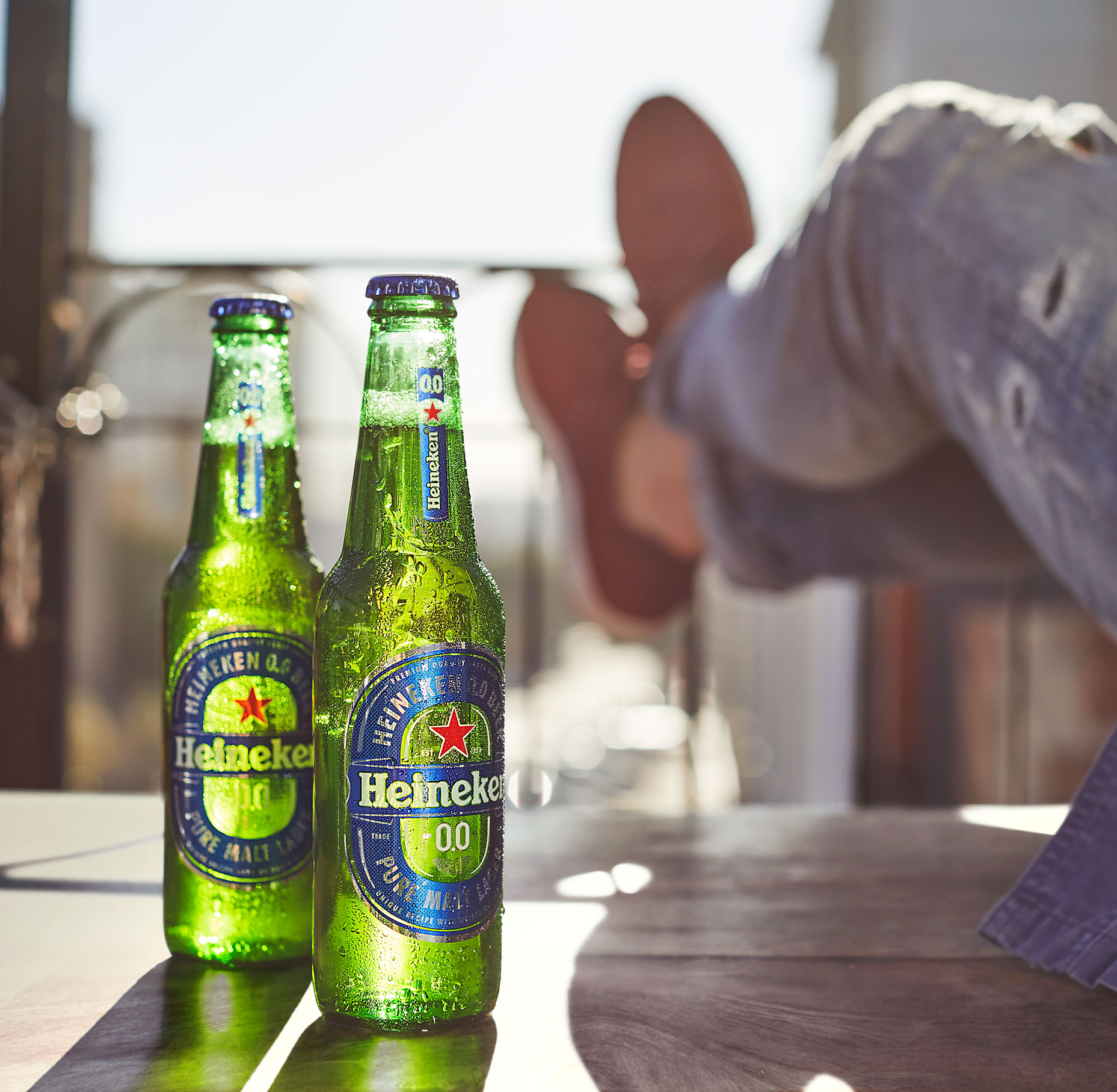The global beer industry has always been a significant player in the alcoholic beverage market, and its impact on alcohol consumption and responsible behavior cannot be overlooked. As one of the most widely consumed alcoholic beverages worldwide, beer holds a prominent position in many cultures, social gatherings, and economic landscapes. However, this industry’s influence extends beyond mere enjoyment and economic prosperity with implications for individuals, societies, and public health when misused.
According to recent statistics*, the global beer market is projected to grow from $768,17 billion in 2021 to $989,48 billion in 2028, with an anticipated compound annual growth rate of 3,68% in the period. Such figures indicate the industry’s substantial presence and the demand for beer among consumers.
